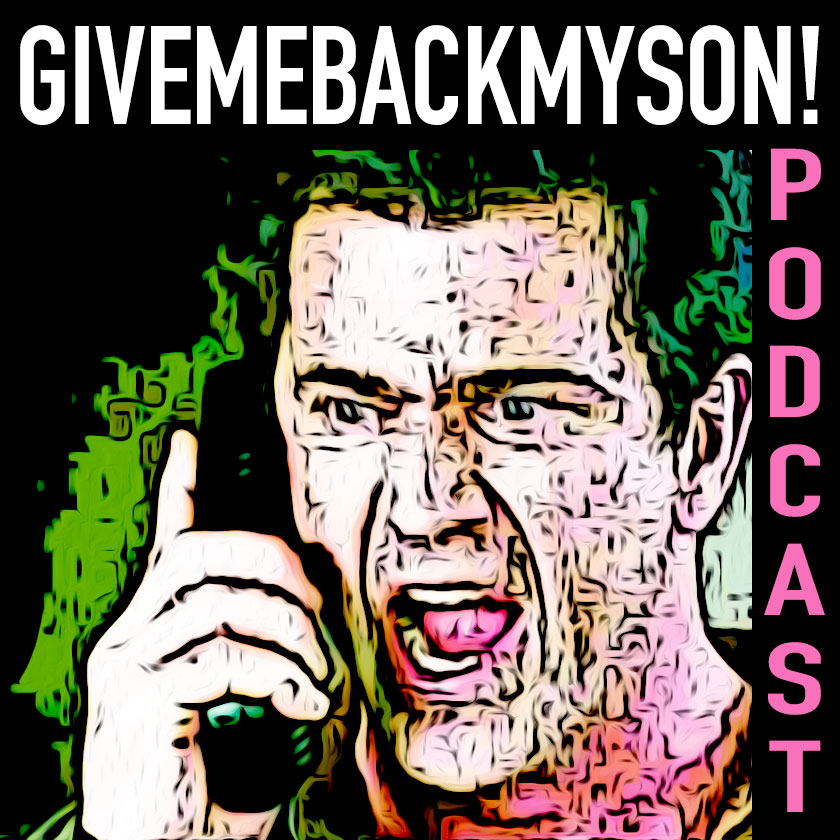Source Code got my full attention with its first trailer. Not only did it appear to be a solid film, but I had already fallen in love with its director (David Bowie’s talented son Duncan Jones) because of his 2009 feature film debut Moon. But despite my love for Jones and interest in this unique story, there were two huge red flags worrying me: one, the repetitive nature of the story had the potential of turning Source Code into another echoing train-wreck movie like Vantage Point; two, it was being distributed by Summit Entertainment, the same studio who gave us such bad films as the Twilight Saga, Never Back Down, Astro Boy, Bandslam, Push, Fair Game, Red, Remember Me and Furry Vengeance.
Luckily, my negative instincts were wrong. Jones’ direction is just as perfect as Moon. The script is absolutely brilliant. And Source Code is easily the best film in Summit Entertainment’s library, becoming my first five-star reviewed feature film of 2011.
Jake Gyllenhaal (Prince of Persia) plays Captain Colter Stevens, an army helicopter pilot being used in a top secret scientific military program known as Source Code. Soldiers like Stevens are sent back to relive a specific moment in time in the body of someone else (much like Quantum Leap) to retrieve information that could help national security in the future. The quantum physics behind Source Code limits the soldiers to only relive eight minutes of a specific person’s life.
In the case of Colter Stevens, he is sent back on a commuter train outside Chicago that becomes the site of a major terrorist bombing. Each time he enters the Source Code, he has eight minutes to “save the
world” before the train blows up again. By reliving those eight minutes over and over again, if Stevens can discover helpful information about the bomber, then another terrorist attack of greater magnitude can be prevented before it happens. It is somewhat like Quantum Leap and Groundhog’s Day meets Minority Report.
Watching the same eight minutes over and over again could have become a painfully repetitious moviegoing experience (this is where my Vantage Point fear came from), but Source Code‘s smart script and creative direction avoid that problem. The story that takes between each eight-minute mission where Captain Steven debriefs his commander is just as intriguing as the discoveries made in the Source Code. And just when the story calls for rapid-fire repeat Source Code visits, Jones makes an unexpected directorial decision that turns its could-be obstacle into pure intensity.
It takes an either really fun or really intelligent film to make me see it multiple times in theaters. Source Code is both. While Moon may be a little too heavy in the science fiction area to attract a mainstream audience, Source Code is the most successfully mainstream true science fiction film to date. It holds everything that a good film needs, even if just in small doses – intensity, action, romance, sentiment, emotion, etc.
It is obvious that everyone who had a hand in making Source Code was having fun. Scott Bakula, who played Dr. Sam Beckett on Quantum Leap, lends his voice to an over-the-phone conversation in the film. From Gyllenhaal’s very first shot, there are playful hints thrown out there for the twists to come. These are the elements that cause Source Code to be even better the second time. And although you may believe that already knowing what lies ahead may make for a boring second viewing could, I found myself even more invested with round two.
Playful and fun, sentimental and smart, Source Code is the best film of the year. It is an intelligent film housed in a crowd-pleasing summer blockbuster package. There is no reason why Source Code should be missed. Get out there and see it this weekend. It is one of those rare films where critics and audiences agree. Currently at 89% on Rotten Tomatoes and being touted as the “best reviewed movie of the year” by more than just me, you will not be let down.
Photo credit: Summit Entertainment










